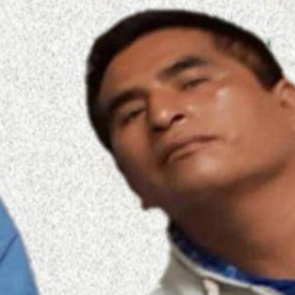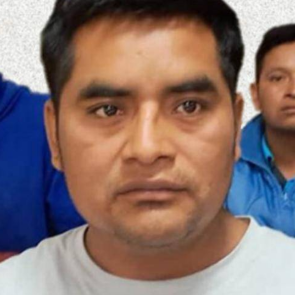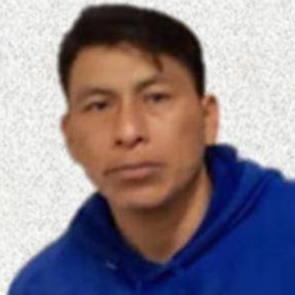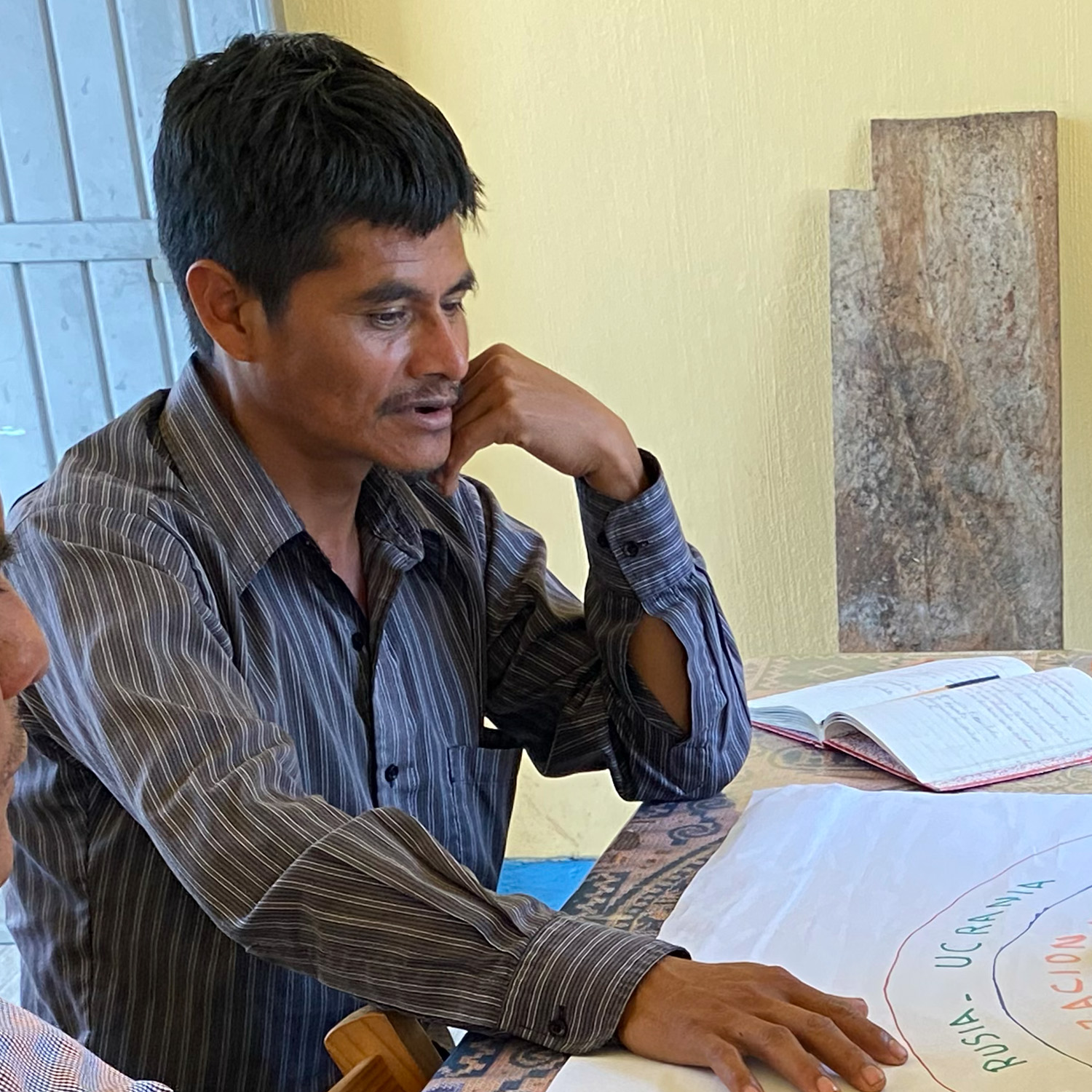Freedom for 5 Tseltal defenders from San Juan Cancuc!
Mexico must comply with its international obligations
Experts from the United Nations (UN) call on the Mexican government to immediately release Manuel Sántiz Cruz, Agustín Pérez Domínguez, Juan Velasco Aguilar, Martín Pérez Domínguez y Agustín Pérez Velasco. In its Opinion No. 21/2025 published in May 2025, the UN Working Group on Arbitrary Detention recognises that the five land rights defenders, indigenous Maya-Tseltal people originating from San Juan Cancuc (Chiapas), were arbitrarily detained. To date, they have spent more than three years behind bars for a crime they did not commit.
The UN working group recognises that their arbitrary detention is characterised in each of the four aspects argued by the Frayba Human Rights Centre: 1) there is no legal basis for the detention; 2) the detention results from the exercise of their human rights; 3) a biased trial led to the detention; 4) and that this detention is discriminatory.
In May 2025, the five defenders were detained in San Juan Cancuc and in San Cristóbal following the death of a municipal police officer in circumstances that have yet to be clarified. The Mexican State, as the UN Working Group points out, used various strategies against them, characteristic of the pattern to fabricate guilt in Chiapas. It stands out the creation of a criminal offence for drug possession in order to keep the defenders imprisoned while the Public Prosecutor's Office prepared another arrest warrant for aggravated murder, a crime for which they are currently serving a sentence of 18 years and 9 months.
The arrest warrant was issued before the Prosecutor's Office had requested it, which is evidence of the set-up. The detainees were not shown the arrest warrant, nor were they informed of the reason for their detention. In addition, three of them were held incommunicado for 24 hours without any information about their whereabouts. The UN Working Group considers that these acts constitute enforced disappearance.
It is no coincidence that Manuel, Agustín, Juan, Martin and Agustín were detained. As the UN Working Group points out, they are human rights and environmental defenders, and this was the reason for their detention. All of them participated in the defence of their territory in face of so-called ‘development’ projects such as the San Cristóbal de Las Casas - Palenque motorway; and in opposition of the militarisation of the region alongside the Pueblo Creyente. In particular, Manuel Sántiz Cruz has been a highly visible figure due to his role as chair of the Human Rights Committee of the San Juan Cancuc parish.
The UN Working Group is convinced that the 5 were discriminated due to their status as human rights defenders, but also because they belong to the Maya-Tseltal indigenous people, as demonstrated by the failure to provide them with an interpreter despite the fact that Spanish is not their first language and is the language used in court. This discrimination and racism is a factor that sustains the recognition of arbitrary detention.
In Chiapas, there is a pattern of criminalisation of indigenous defenders, particularly against those who defend their territory. The aim is to generate fear, division and, consequently, demobilisation in communities mainly affected by megaprojects and/or militarisation. The criminalisation benefits the Mexican State in the first place, but also benefits companies and criminal groups, facilitating their activities to establish their businesses, both legal and illegal. Many social and political actors have alerted the risks of these projects, as it is the case of the Zapatista Army of National Liberation (EZLN), the National Indigenous Congress (CNI), and also Rodrigo Aguilar Martínez, bishop of San Cristóbal de Las Casas.
The indigenous peoples continue to resist the San Cristóbal – Palenque 'superhighway' against which the 5 from Cancuc mobilised. To date, affected communities maintain their peaceful resistance and their demand for prior, free, informed and culturally appropriate consultation.
With the opinion of the UN Working Group, the Mexican State has the opportunity and obligation to redress a grave injustice. In accordance with the international commitments made by the country, the Working Group's requests are binding. In other words, immediate release is not an option, but a legal obligation for the Mexican authorities. In fact, there is a recent precedent in Chiapas from 2021 when an opinion by UN experts led to the release of 5 indigenous men who were arbitrarily detained.
Therefore, we urge the State to implement the Working Group's requests without delay:
- Immediately release Manuel Sántiz Cruz, Agustín Pérez Domínguez, Juan Velasco Aguilar, Martín Pérez Domínguez y Agustín Pérez Velasco.
- Implement a comprehensive reparation plan that is not limited to financial compensation, designed on the basis of dialogue with direct and indirect victims.
- Conduct a thorough and independent investigation into the arbitrary deprivation of liberty of the five human rights and land rights defenders.
We recognise that it was the struggle of the five prisoners and their families, as well as groups and organisations in Mexico and around the world, that made it possible to highlight this grave injustice and bring it to the attention of the UN Working Group on Arbitrary Detention. This same struggle will enable its liberation and full implementation of the opinion 21/2025. Therefore, we call on local, national and international civil society to join in the actions for the release of Manuel, Agustín, Juan, Martín and Agustín.
Signing organisations:
- Action des Chrétiens pour l’Abolition de la Torture (ACAT-France)
- Fray Bartolomé de las Casas Human Rights Center
- Front Line Defenders
- Indigenous Peoples Rights International (IPRI)
- World Organisation Against Torture (OMCT)





